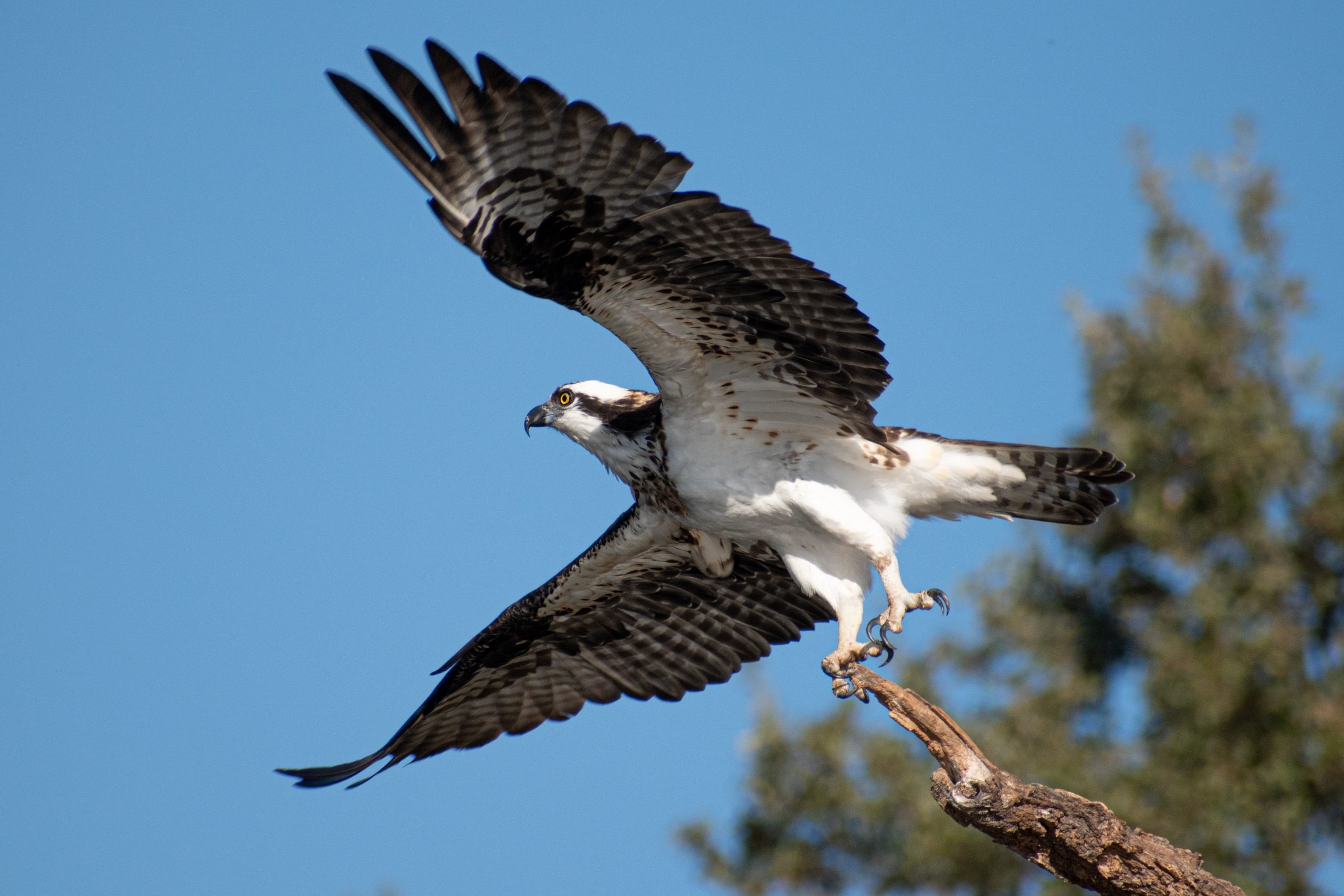
March 29, 2021, by Andrew Edwards (Ed)
Take control of your career #1: ‘The Osprey’ – by Peter Noy
Photograph by Elisa Stone on Unsplash
Dr Peter Noy is the Associate Director for Research at the Future Food Beacon. His work mentoring early careers researchers is integral to his key responsibility for coordinating and developing successful funding bids for the Beacon.
In this new ‘Take control of your career’ series, he will be sharing his professional experience and providing valuable advice to PhD and postgraduate researchers alike.

Dr Peter Noy
Top tips – The Osprey
If you are an early career researcher, or in fact anyone at any stage of your career, and you are just starting to think about how to plan your career for the first time, then I’ve got a few quick tips to help you get started. Like all the best things in life, let’s look to nature for inspiration. Get your binoculars out because we are going in search of the mighty Osprey (also known as a Sea Hawk)!
Now you might be thinking what the hell has an Osprey got to do with career planning? Well, the key hunting behaviours of an Osprey are essential to adopt when planning your career, namely:
1) know your territory
2) practise your craft
3) be prepared to leave your comfort zone
4) adjust to the environment
5) strike
Scanning the horizon
Right, with our binoculars at the ready, let’s see if we can observe the Osprey in action…….Ah ha, spotted one! As you can see, the Osprey is scanning its environment, mapping out the landscape and registering possible hunting spots. This is the first thing you should think about when planning your career; what is the traditional career path? How do you progress along it? And what are they looking for at each stage?

Photograph by Elisa Stone on Unsplash
In parallel, you should know what the job market is like: this applies whether you are thinking about lectureships, industry jobs or alternative jobs outside of academia, such as research support, science journalism etc. Find out what grants are available to support you if you are thinking about fellowships.
All this knowledge will give you confidence to be purposeful about your career. It might seem like you don’t have time to do these things but try to find that time, because it will help you be successful in the longer term.
Taking the plunge
OK, what else is that Osprey up to? Oh look, it’s going to strike! Into the water it goes and back out it comes. But no fish. This is an important part of the process too. Practise. Everyone needs to practise, and you can’t get it right first time, every time, particularly when writing grants such as fellowships. Treat the first two applications as practice runs; if you get them, great, but if not don’t give up. Learn from the experiences and target another one.
The other thing we saw the Osprey do was dive into the water to catch the fish and there is another lesson there; leave your comfort zone! Birds are naturals in the air but, for the rewards of a catch, sometimes you need to take the plunge and leave that natural environment.
When building careers, this is something that you will have to do too. Whether it is going for a fellowship interview, taking on teaching, talking to the public about your research or networking at conferences, there are lots of situations that can take us out of our comfort zone. We should embrace these because it is often where the biggest rewards are found.

Photograph by Justin Clark on Unsplash
Adjusting your flight path
Ok let’s check the binoculars again: it’s diving for another catch and this time it’s got one! There are two final learning points to take from that. Firstly, as the Osprey dived, it adjusted to compensate for the refraction of the water; this is something important to take away. We should be flexible when approaching opportunities. We might need to adjust our research to the interests of the funder when applying for fellowships or making grant applications; think about what the panel wants to hear during your interview. Finally, when a good opportunity comes up you need to go for it and strike! If you have prepared well, you will get the prize.
Well, happy hunting everyone and, next time you are thinking about your career, remember the Osprey!
No comments yet, fill out a comment to be the first

Leave a Reply